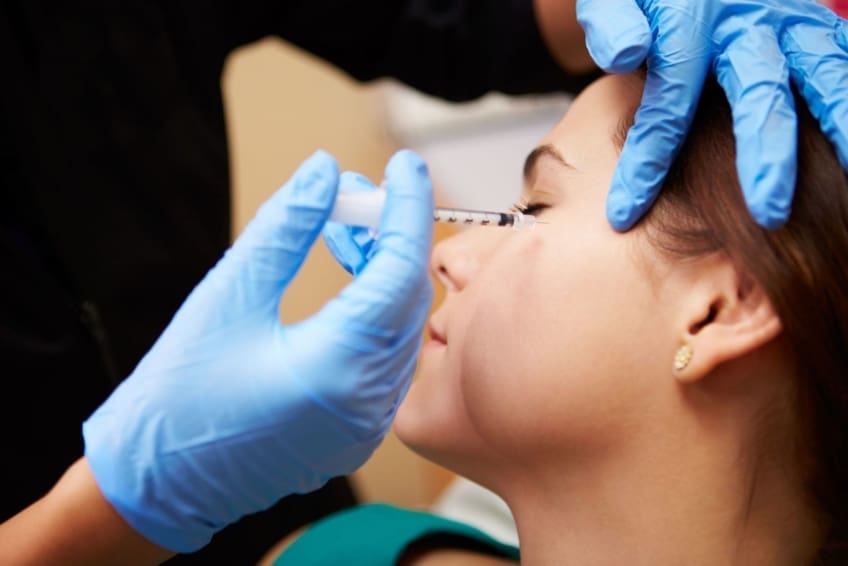
Botulinum toxin, or Botox, is a protein that stops muscle spasms. It is injected directly into the muscle. A spasm is when your muscle contracts or moves on its own. It feels like twitching.
Path to improved health
Your doctor may consider Botox injections to treat certain muscle spasms. These could include:
- Twitching on your face or eyelids
- Eye movement disorders, such as a lazy eye (also called strabismus)
- Cervical dystonia (an uncomfortable muscle spasm that causes the head and neck to twist or turn)
Your doctor may use Botox injections to treat other problems as well. These could include chronic migraine headaches or excessive sweating.
Botox injections are given in a doctor’s office. The toxin is mixed with saline (salt water). It is injected into the muscle with a tiny needle. You may receive 5 to 10 injections in one sitting. The number of injections depends on the condition your doctor is treating. It also depends on the size of the area being treated.
Things to consider
Botox is made by the bacterium that causes food poisoning. Food poisoning can be fatal. A high dose of Botox could be fatal, too. However, the dose given in injections is so small that you shouldn’t have any harmful effects from the toxin. When used in this way, Botox has been used safely.
There may be some side effects. You might have some soreness at the injection sites. To treat soreness, you can take acetaminophen (brand name: Tylenol) or ibuprofen (brand names: Advil, Motrin). You can also put an ice pack on the painful area.
You might also have the following side effects:
- Weakness in the muscles that were injected
- Flu-like symptoms
- Droopy or crooked eyebrows
- Eye dryness or excessive tearing
Side effects from Botox injections usually disappear quickly.
Rarely, the side effects of a Botox injection spreads to other parts of the body. If it does, it can cause more severe side effects. Call your doctor immediately if you experience any of the following symptoms after receiving injections:
- Trouble breathing
- Problems speaking or swallowing
- All-over muscle weakness
- Vision problems
Questions to ask your doctor
- Do I need Botox injections?
- Do the injections hurt?
- How many will I need?
- How long will it take before I notice results?
- What can I do if the injections don’t help?
Resources
![]()
Copyright © American Academy of Family Physicians
This information provides a general overview and may not apply to everyone. Talk to your family doctor to find out if this information applies to you and to get more information on this subject.








